Optimal Timing for Field and Pasture Mowings
Understanding the optimal time for field and pasture mowings is essential for maintaining healthy forage and ensuring effective land management. Proper timing can influence forage quality, crop regrowth, and weed control, making it a critical aspect of pasture management practices.
Typically performed when grasses begin to grow actively, early spring mowing helps control weeds and encourages vigorous regrowth.
Timing this after initial growth allows for removal of accumulated dead material and promotes lush, healthy forage for grazing.
Carried out during peak growth, mid-summer mowing can help manage overgrowth and improve forage quality.
This timing supports seed production and prepares pastures for dormancy while maintaining plant health.

A pasture being mowed in early spring to promote healthy regrowth.
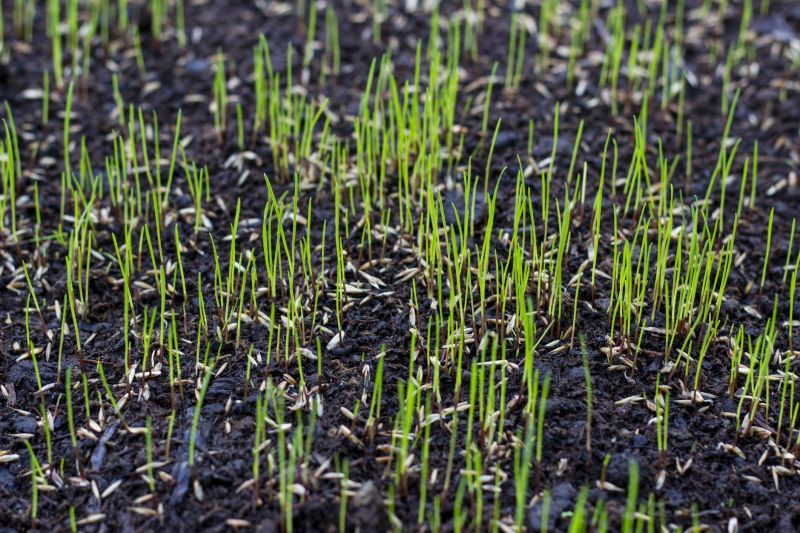
A field during peak growth being selectively mowed to manage overgrowth.

A pasture being mowed late in the season to support seed production.
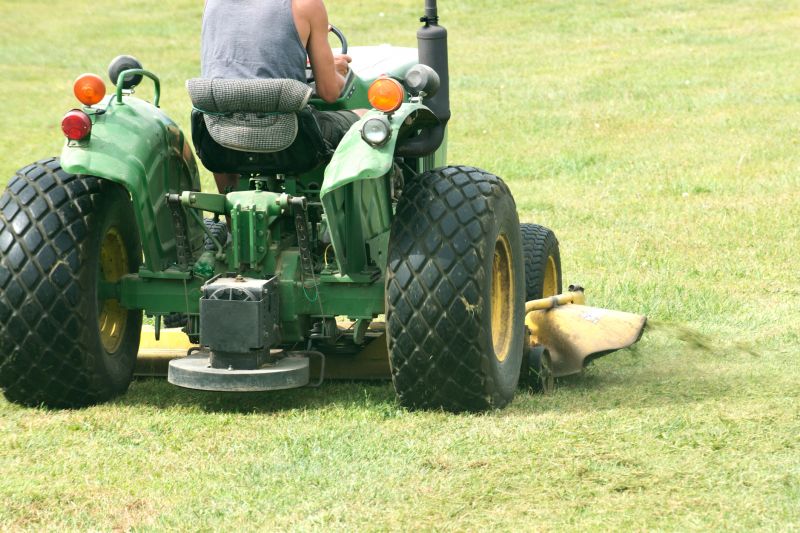
Mowing machinery working efficiently across a lush pasture.
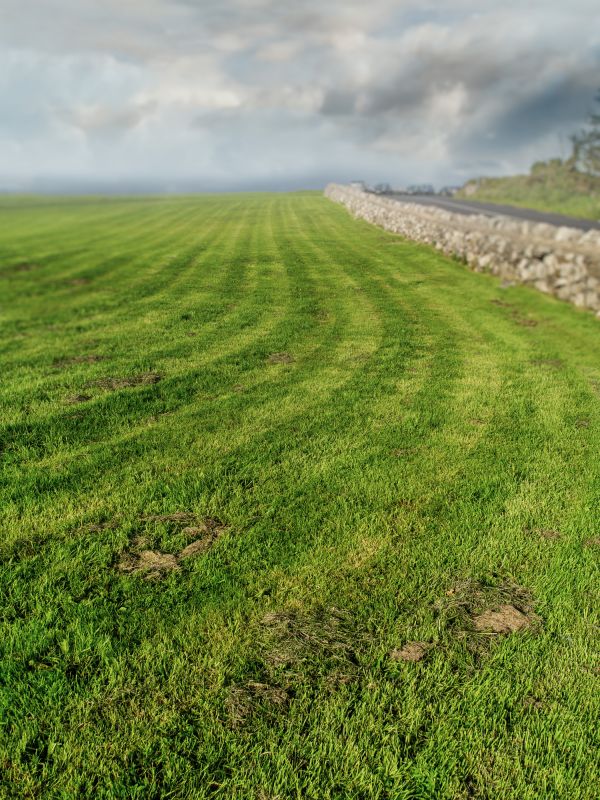
Popular materials for Field And Pasture Mowings and why they hold up over time.
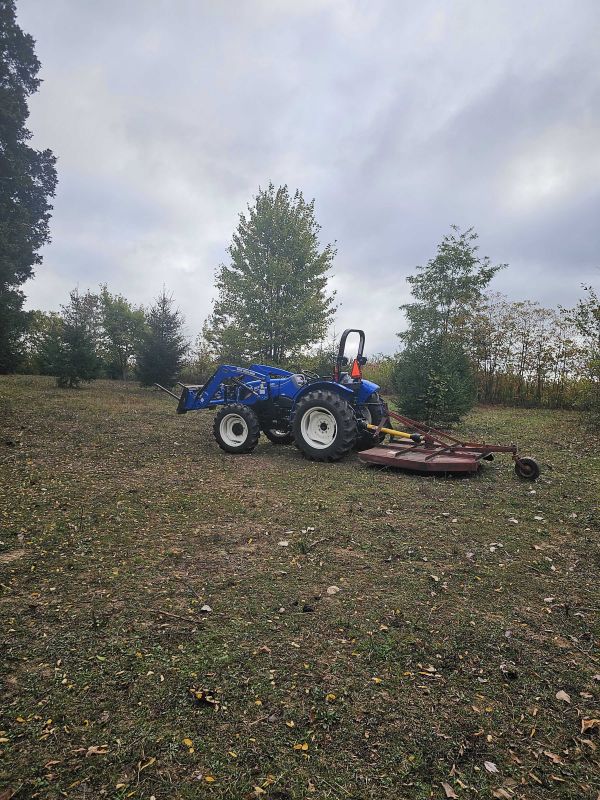
Simple add-ons that improve Field And Pasture Mowings without blowing the budget.
| Timing | Purpose |
|---|---|
| Early Spring | Control weeds, stimulate growth |
| Late Spring | Remove dead material, promote lush forage |
| Mid-Summer | Manage overgrowth, improve forage quality |
| Late Summer/Early Fall | Seed production, prepare for dormancy |
| Winter | Dormant period, minimal mowing |
Field and pasture mowings are critical for optimizing forage production and maintaining land health. The timing of mowing influences plant regrowth, weed suppression, and seed dispersal. Proper management schedules ensure that pastures remain productive and resilient across seasons.
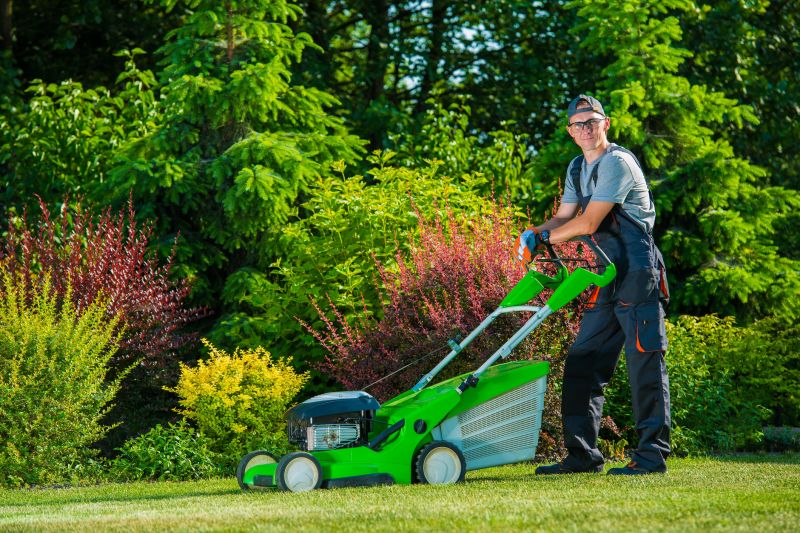
A mower working on a pasture during early spring.
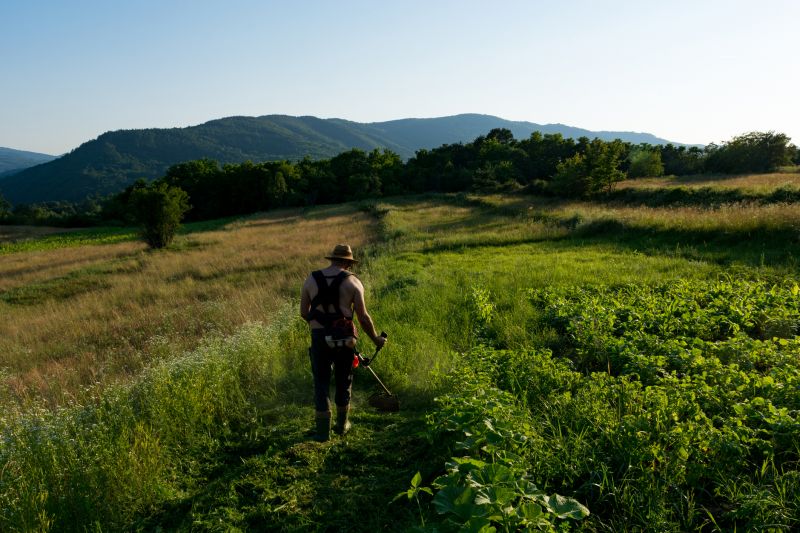
Mid-season mowing to control overgrowth.
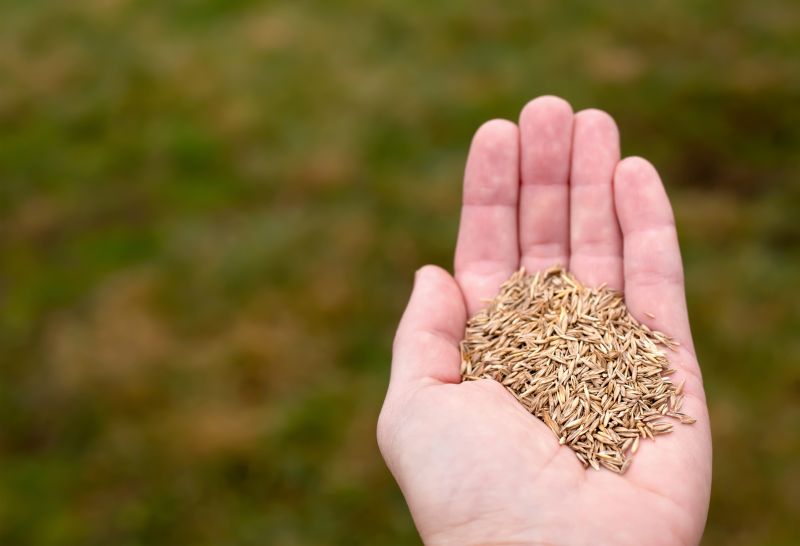
Late-season mowing for seed dispersal.
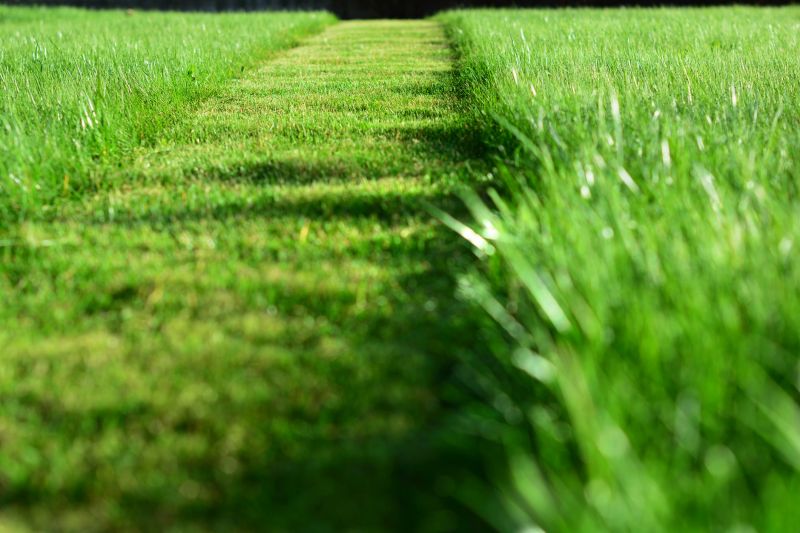
A well-maintained pasture post-mowing.
Effective timing of field and pasture mowings supports optimal forage quality and land management. Regular assessment of pasture conditions and growth stages helps determine the best mowing schedule for specific land needs.
